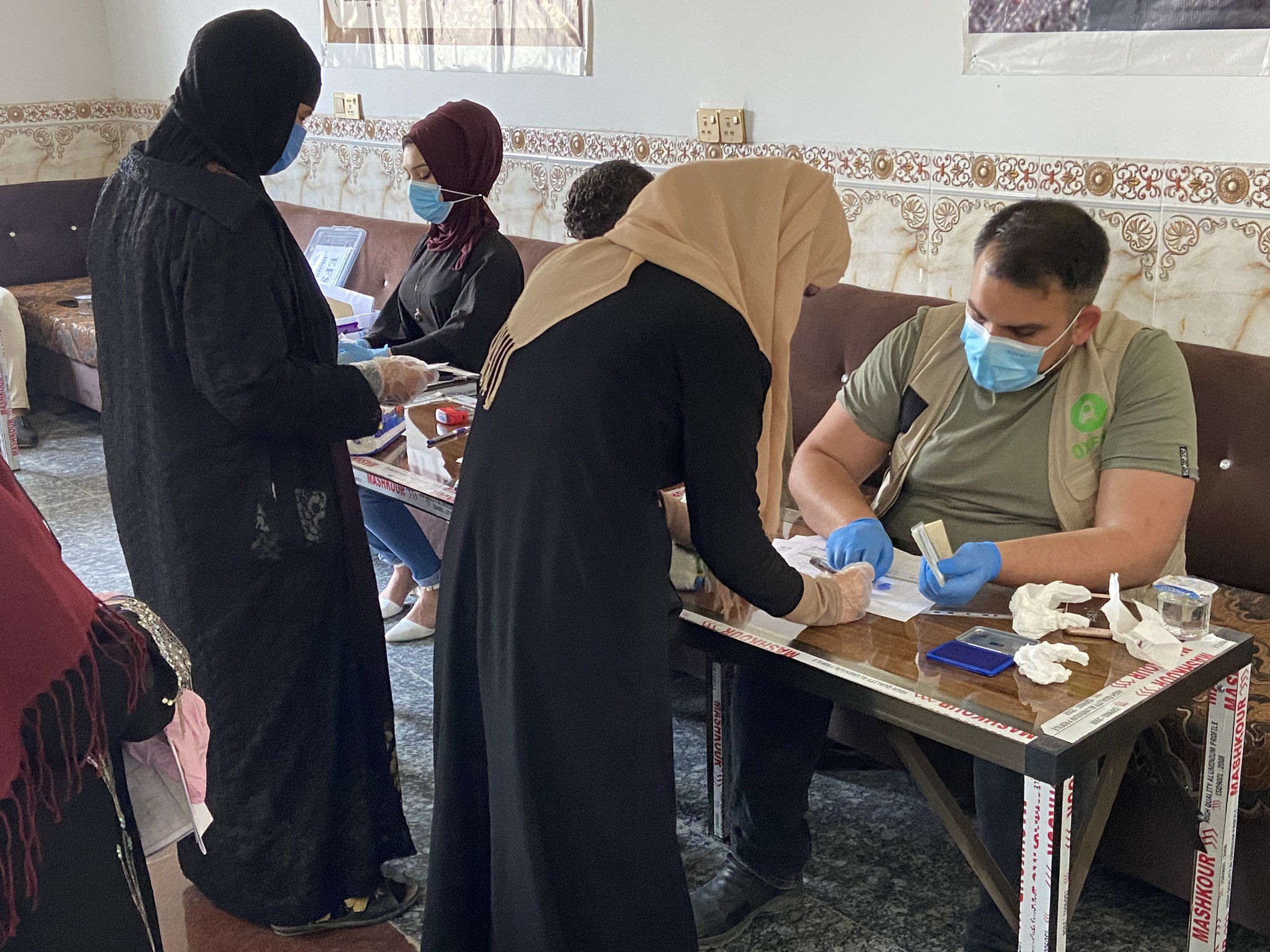Money can be the most efficient and flexible form of assistance – and the most respectful.
When Cambodia’s Steung Sen river overflowed its banks in 2012 and flooded the village of Osala, Oxfam and our partners gave $75 in cash to the poorest 1,678 families in the area. One of them was a woman named Chit Sinang. When I arrived a few weeks later, she told me she used half of her cash to buy a bag of rice so she and her children could eat, and some rice seed to plant the small field behind her house.
But Sinang’s highest priority was to cover travel costs to bring her five-year-old daughter to the hospital for a crucial monthly medical treatment. “I was so happy, almost crying, because I got the money when I really needed it,” she told me.
Providing people with cash in an emergency—with no conditions attached—is the most flexible and effective form of aid in many situations. That’s why, right now, development organizations and disaster relief groups are distributing cash to people who have lost their jobs due to the COVID-19 pandemic. People need food, and they need to pay rent, cover medical expenses, and deal with every other type of challenge you can imagine. An unconditional cash donation helps them survive.
Cash is often the most efficient form of aid
As long as there are functioning markets that can supply people with food and other goods they need, delivering cash to people in an emergency (instead of food, for example) helps circulate money through the local economy, supports local businesses, and can help communities recover faster. In many of the food emergencies we have seen over the last 15+ years, food is available in markets, perhaps trucked in at some expense to areas where drought and other problems have reduced local harvests. The poorest people can’t afford to buy it, but imagine what would happen if you show up with free rice and wheat? It would put the local dealers out of business and slow down the recovery process.
Providing cash securely, in some cases via basic cell phones, cuts out the shipping costs of delivering aid and reduces the chance of providing food or other goods not preferred by people we are trying to help. We can provide cash safely with fewer staff and less shipping and overhead costs.

Cash also gives people the flexibility to invest in (re)starting a business. It’s hard to beat a form of aid that can provide opportunities. More and more, aid groups are delivering cash instead of food and other in-kind forms of aid.
There are plenty of situations when we have to get people the food they need to survive, but when the conditions allow it, cash is a far better option.
Giving people cash shows respect
Giving someone cash shows you respect them to use the money as it is intended: to meet important needs such as food, clothing, shelter, and health care. It is an expression of trust.
This leap of faith is easier for some to overcome than others. If you are skeptical, consider this: Every tax deduction you get here in the US is like money in your pocket, and who decides what you can do with that cash? You do. And the $1,200 so many of us recently received from our federal government? That was an unconditional cash transfer. I suggest that if you can be trusted with decisions about what to do with cash, anyone you decide to help deserves the same respect.
If that’s not enough, there are plenty of studies showing that when vulnerable people receive cash, they do not waste it. In emergencies, and in other programs where aid organizations and governments provide cash to struggling people, they use it to buy what they need, invest in money-making businesses that help them work their own way out of poverty, and save it.
But there is also growing evidence that cash can be effective in poor communities that aren’t suffering from a humanitarian emergency. Women in particular benefit from infusions of cash. “Cash often allows women to have more decision-making power,” says Josh Leighton, a humanitarian assistance specialist on Oxfam’s Global Humanitarian Team. “They usually spend cash in ways that benefit an entire household.”
That’s why when Oxfam and other aid organizations look at how best to help people in emergencies, or people trying their best to defeat poverty in their lives, we ensure we include women-headed households.
If I needed help, I’d take cash over any other form of assistance. Money, as an economist would say, is fungible. You can use it for whatever you want. And in the right situation, that’s what makes it the most efficient and respectful thing to give someone.
